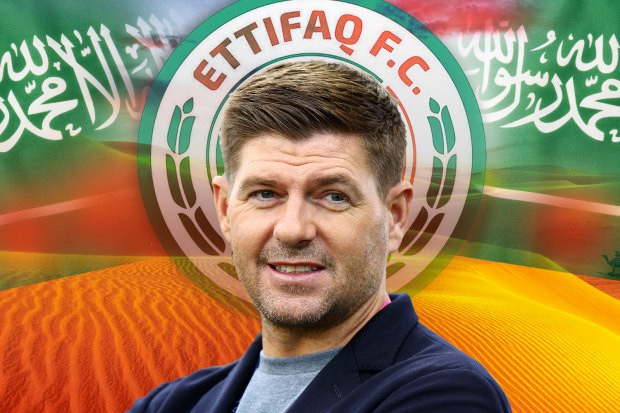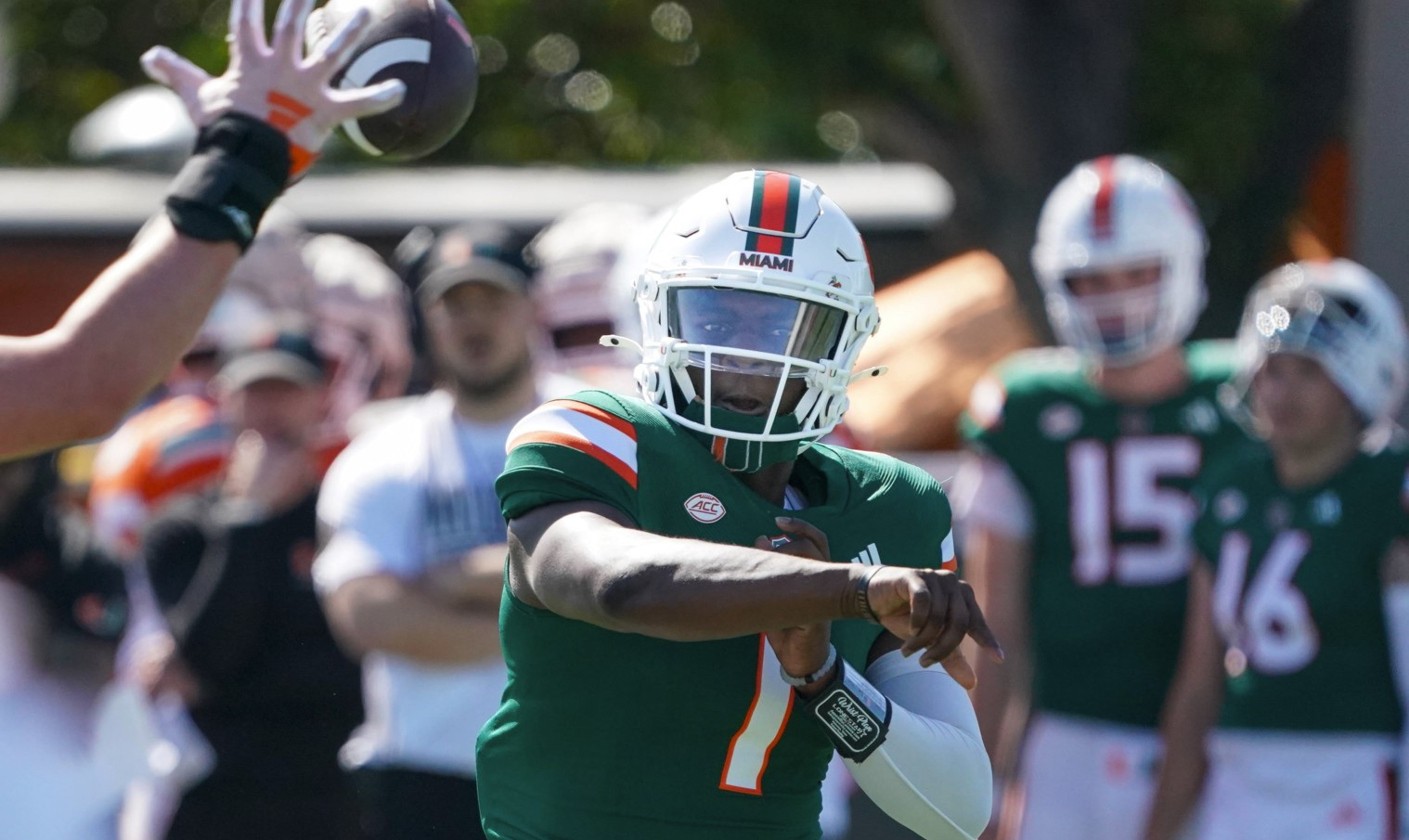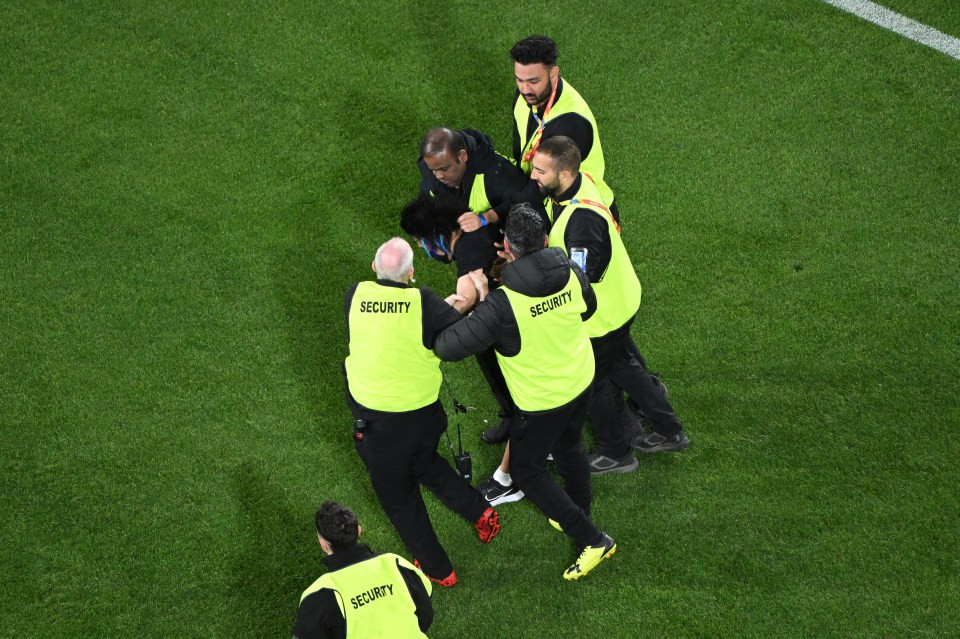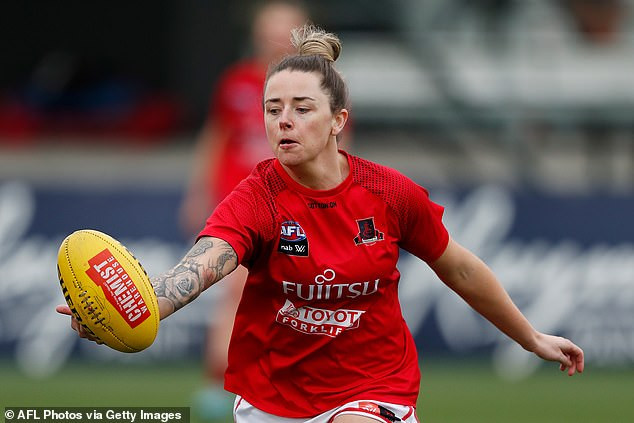The International Cricket Council (ICC) will hold the election for one Chief Executives Committee (CEC) position this week. Three candidates, Dr Vignaesh Shankaran of Germany, Sumod Damodar from Botswana, and Richard Done of Papua New Guinea are in the fray for the position vacated by UAE's Mubasir Usmani, who has been elected to the ICC Board as Associate Nation Director in July.
The ICC has said that the election will be held between September 12 and 18 and the elected candidate will complete the current term of two years that started in 2023 and will end in July 2025. The CEC has three representatives from Associate nations. Raspal Bajwa, former president of Cricket Canada, and Umair Butt, the head of Denmark Cricket, are the other two sitting members in the CEC from the Associate Members.
The big issue among the Associate nations is the recent rule change by the ICC to the qualification pathway, making it difficult for the East Asia Pacific teams to quality for the World Cups. PNG made it to the recent Twenty20 World Cup but that will change as they have to compete against higher-ranked nations from Asia. East Asia Pacific has one berth and the Asia region has two and the two regions will compete jointly for three berths in the pathway tournament.
ICC CEC Election: A Contested Race
Three candidates will contest the upcoming Chief Executives' Committee election for a coveted Associate Member seat among influential cricket powerbrokers. As confirmed, veteran administrator Sumod Damodar (Botswana), Vignaesh Sankaran (Germany) and Richard Done (Papua New Guinea) will run for one of the three AM spots up for grabs on the CEC.
The Race for the CEC Seat
The seat was vacated by Mubashshir Usmani, a rising administrator at the helm of the Emirates Cricket Board who was last month elected to the ICC board - where the power lies and is soon to be headed by India boss Jay Shah. Amid Shah's takeover and changes to the ICC board, the CEC election has gone unnoticed in the background. It appears to be a race between Damodar and Done, who both fell one vote short in last year's CEC election.
Damodar and Done: Experienced Contenders
Damodar was on the CEC for three terms until last year when he lost out to Usmani, Rashpal Bajwa (Canada) and Denmark's Umair Butt. The outspoken Damodar was also previously the chair of the African Cricket Association. Done is a high-profile administrator having previously had senior roles at the ICC and USA Cricket. Not widely known, Sankaran looms as the wildcard but it is learned he does have support from a section of voters.
Done's Vision for Associate Cricket
Richard Done is a former ICC cricket high-performance manager. Done previously told ABC Radio that he is disappointed with the ICC decision to merge the two regions. "The EAP region as a whole were pretty disappointed. It sort of looks at us as a region and says, 'well, you know, you don't deserve a spot'. Even though we are ranked 20 currently and we're 19 going into that event and there are 20 teams in the World Cup. So, you know, on rankings alone, we probably deserve a place. Their argument is that the region is a lot weaker and it should be challenging that stronger region to earn a spot." When contacted, Done said he wants to make difference for all the regions. "My interest is not for that specific reason. I have worked hard for Associate cricket for over 20 years. The drive to be on CEC is to continue to make a difference by working with all regions and members, to ensure to range of Associate views are understood at CEC, and help to grow the future of our Associate members for the betterment of cricket globally. More specifically, I want to see more certainty and consistency in the funding model and competition structures so members can plan better and further ahead," Done, the CEO of PNG, who previously worked as High Performance manager at the ICC for over 15 years, told Cricbuzz.
Damodar's Vision: A Continent vs Continent Tournament
Damodar, if elected, is hoping to push the cause for Associate nations to have their own marquee events. The Intercontinental Cup, a first-class competition for Associate cricket that was launched in 2004, has been defunct since 2017. Damodar believed a continent versus continent competition, played in the T20 format and similar in concept to golf's Ryder Cup and the Laver Cup in tennis, could help provide more fixtures and exposure to the Associates, who get less funding and playing opportunities than cricket's biggest countries. "There is enough depth in Associate cricket where competitive continental teams can be formed from Asia, Africa, Europe, perhaps Asia-Pacific, and even the Americas with the success of the U.S. at the T20 World Cup," Damodar told me. "There has been more talk about creating events in the interest of trying to promote the game amongst Associate members. I feel it's high time and long overdue that we collectively discuss ways to show that Associate cricket is a valuable product. Associate cricket has grown considerably and that should be reflected commercially."
Election Process and Timeline
Voting starts on Thursday with results expected shortly after polls close on September 17. The CEC is supposed to promote and develop cricket worldwide, while governing and regulating the sport at the international level. Being on it is highly coveted for Associate chiefs, who get to mix with the top bosses from the Full Members and the CEC is often seen as a stepping stone to get onto the ICC board - as Usmani has proven. Those on the board, too, will want to form relationships in a bid to develop allegiances.
Conclusion: A Pivotal Election for Associate Cricket
The outcome of this election will have a significant impact on the future of Associate cricket. The newly elected member will be responsible for representing the views of Associate nations on the CEC and advocating for their growth and development. The three candidates bring diverse experience and perspectives to the table, and it will be interesting to see who emerges victorious. Voters from 40 Associate Members and five regional representatives (Americas, Asia, Europe, East Asia-Pacific and Africa) will select one candidate each. Under ICC rules, candidates have to be a representative of an Associate Member or a current/past ICC director. The newly-elected member will only have a short term, with the next CEC election set for mid-2025, and he will also be part of the Associate Member Committee helping govern and regulate the Associate level.

















